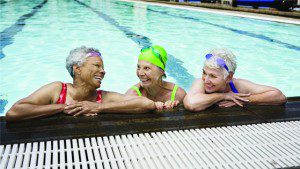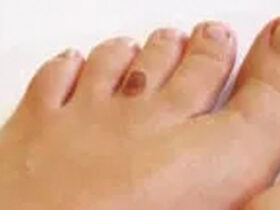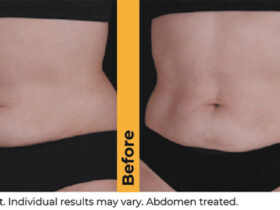 Physical activity is important for all people but essential for people with disabilities. Life Care Center of Estero wants to help. We offer physical therapy, occupational therapy and speech therapy services along with state of the art facilities. These therapies can help people with disabilities improve function and overall health through education and exercise programs. We would love to consult with anyone who has the desire to stay active and healthy. For more information you can contact our outpatient department at 239-495-4046. The following article is reprinted with permission from the May 2014 publication Vital Signs from the Center for Disease Control.
Physical activity is important for all people but essential for people with disabilities. Life Care Center of Estero wants to help. We offer physical therapy, occupational therapy and speech therapy services along with state of the art facilities. These therapies can help people with disabilities improve function and overall health through education and exercise programs. We would love to consult with anyone who has the desire to stay active and healthy. For more information you can contact our outpatient department at 239-495-4046. The following article is reprinted with permission from the May 2014 publication Vital Signs from the Center for Disease Control.
More than 21 million US adults 18–64 years of age have a disability. These are adults with serious difficulty walking or climbing stairs; hearing; seeing; or concentrating, remembering, or making decisions. Most adults with disabilities are able to participate in physical activity, yet nearly half of them get no aerobic physical activity. Physical activity benefits all adults, whether or not they have a disability, by reducing their risk of serious chronic diseases, such as heart disease, stroke, diabetes and some cancers. Only 44% of adults with disabilities who visited a doctor in the past year were told by a doctor to get physical activity. Yet adults with disabilities were 82% more likely to be physically active if their doctor recommended it.
3x
Adults with disabilities are 3 times more likely to have heart disease, stroke, diabetes, or cancer than adults without disabilities.
1 in 2
Nearly half of all adults with disabilities get no aerobic physical activity, an important health behavior to help avoid these chronic diseases.
82%
Adults with disabilities were 82% more likely to be physically active if their doctor recommended it.
Doctors and other health professionals can:
• Ask adults with disabilities how much physical activity they get each week.
• Remind adults with disabilities to get regular physical activity consistent with their abilities. They should try to get at least 2 1/2 hours a week of moderate-intensity physical activity. If this is not possible, some activity is better than none.
• Recommend physical activity options that match the specific abilities of each person and connect them to resources that can help each person be physically active.
Adults with disabilities can:
• Talk to your doctor about how much and what kind of physical activity is right for you.
• Find opportunities to increase physical activity regularly in ways that meet your needs and abilities.
– Regular aerobic physical activity increases heart and lung function; improves daily living activities and independence; decreases chances of developing chronic diseases; and improves mental health.
• Start slowly based on your abilities and fitness level (e.g. be active for at least 10 minutes at a time, slowly increase activity over several weeks, if necessary).
For more information please go to: http://www.cdc.gov/vitalsigns/disabilities/index.html
Life Care Center of Estero
239.495.4000 | 3850 Williams Rd. | Estero, FL 33928 | www.LCCA.com









